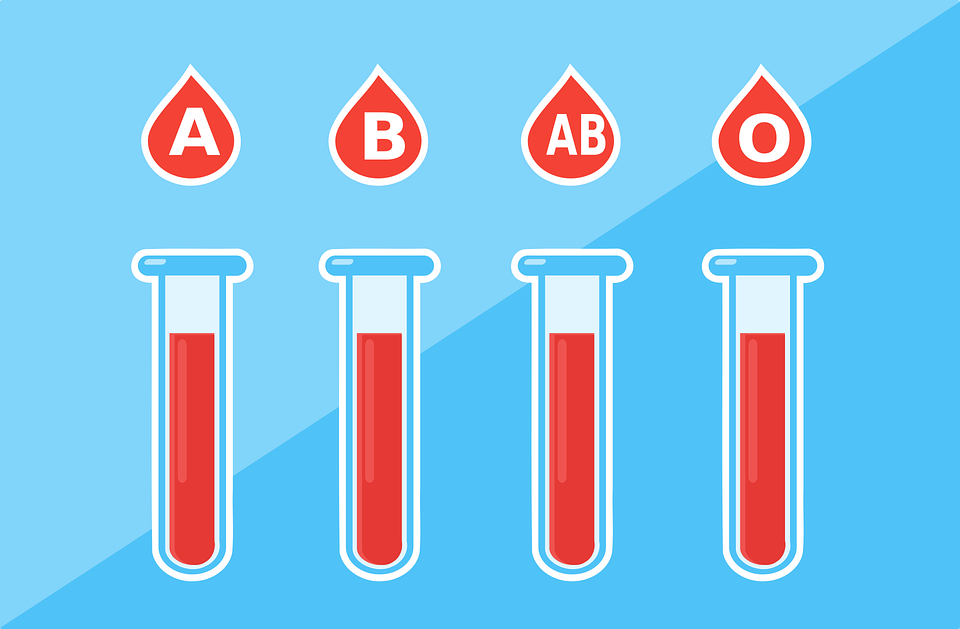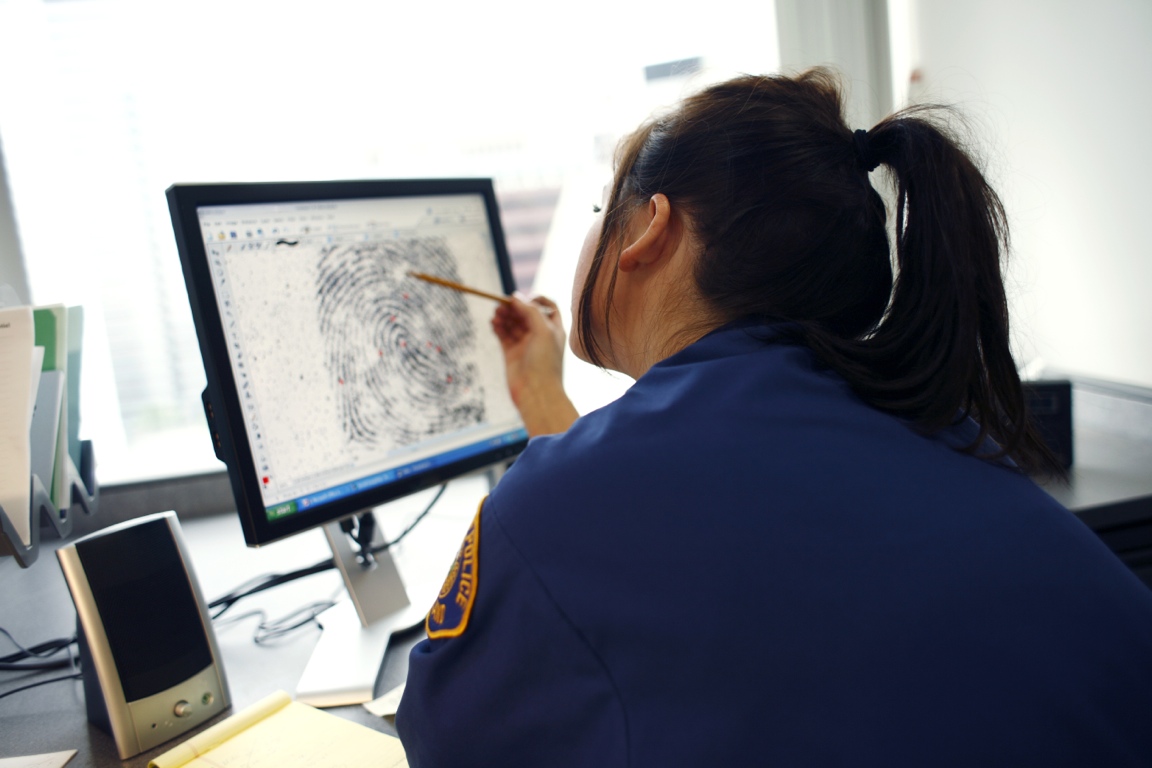Whenever someone I don’t know too well, a distant friend, someone at the gym, or even the lady at the convenience store, asks me “so what is your PhD on?”, I try (as my supervisors suggested), to sum up the next four years of intense research into just one statement. Nowadays, I will usually just say “how witness testimony influences the decision-making processes of jurors”. Whereas previously, I would accurately add, “in rape cases”, to the end of that sentence. However, lately I have found myself changing this approach by removing those three words. I do this as it can spark a discussion/debate which can last anywhere between 5 minutes to an hour; A lot longer than the usual “wow that’s interesting.” Almost everyone has an opinion on heteronormative sexual assault, whether that be in support or disdain to the traumatic stories presented in the media by female survivors. However, what sometimes can confuse almost anyone is why I, a young man, is passionate enough to commit myself to this research area, which in its nature of “what she said” vs “what he said”, can be very ambiguous. And why then the aim of my research is to work with witness (in this case, the survivor) testimony with the goal of improving the prosecution’s case to influence the jury to decide on a guilty verdict. Well this is why:
For my 21 years, I have lived the life of a classically masculine, heterosexual male. Attending an all-boys’ private school at the age of nine, I was very quickly swept up in a culture that only now I can look back on as toxic. A culture in which social standing was not based off leadership, respect or even academic ability, but, fundamentally, who was the alpha male in a pack of one hundred boys. This was demonstrated through lunch-time bullying and fights, through to the weekend, where your ability to physically dominate boys from other schools on the rugby field could turn you from zero to hero in the eyes of your peers.
Then in Year 10, a whole new variable was introduced into the world of boy culture; girls. For most of us, we hadn’t had much social interaction with girls from a non-family basis since primary school. And now, this re-introduction occurred through classically masculine-scripted activities: sports, school dances, academic competitions, etc. So, from the forefront, us boys were not taught to see a woman of our own age as just another human being who we could form a relationship with, that being school based or a friendship, but a conquest to further increase our social standing in front of our peers.
These relationships/perceived “conquests” over women would become the biggest predictor of our social standing until high school graduation, with heterosexual sex being the major topic discussed most lunch times. And if you weren’t having it, well, you had nothing to talk about. You automatically fell into the ‘outgroup’. Although, I like to think I followed the values of my dad and mum, as well as my real friends (who were, and still are, real men), of respecting everyone no matter your relationship (that being friendship or romantic) or gender, part of me knows even I was swept up in this toxic wave. Though in Grade 12, as a sixteen-year-old, I had my first real glimpse of that wave, and the whole damned ocean it belongs to.
I was on a date with my girlfriend at the time, and for the first time in my life, I was feeling very relaxed about dating, (especially as I had received the validation from my peers for having one seemingly sexual relationship). And on this date, through some clumsy action (probably my own), I accidentally knocked her handbag, spilling its contents onto the floor while we were having dinner. Upon us both awkwardly gathering her belongings, I picked up a condom. Being the natural sixteen-year-old comedian that I was, I made a joke that ‘someone’ was being presumptuous in the evening’s activities. And after a few seconds of laughter, her actual explanation for why it was there followed. It turned out this first-year university student, who identified as a feminist, during her schooling at our ‘sister’ all-girls school, was taught that a woman should always carry a condom on her person, just in case she was raped by a man. And she had continued to do so, obviously.
While all-girls’ schools were placed to perceive men as predators, I realised my schooling had only ever taught me to see women as conquests. There was never a moment where our teachers during our sex education classes, discussed consent and, just generally, how to respect women in a romantic or sexual context. Yet we were taught about the importance of being social with women, only so that we could find a woman to date and bring to formal. Never had we considered how our romantic advances made women feel.
Those words never left me, even as our relationship, as most high school relationships do, ended dramatically. But as I started my undergraduate degree in Psychology the following year, due to just an interest in how people think, I soon discovered that every societal problem can be put under the psychological microscope. Now my PhD area of research is on how witness testimony influences jurors in rape cases. And I need to remember that with every 5 minutes to an hour discussion with a stranger about my work, that I am spreading awareness of this major societal problem. I will always strive to do my work with the fundamental motivating principle: maybe one day, young women won’t be taught to carry a condom just in case they get raped, but instead young men will be taught what consent actually means. Now wouldn’t that be more logical.



